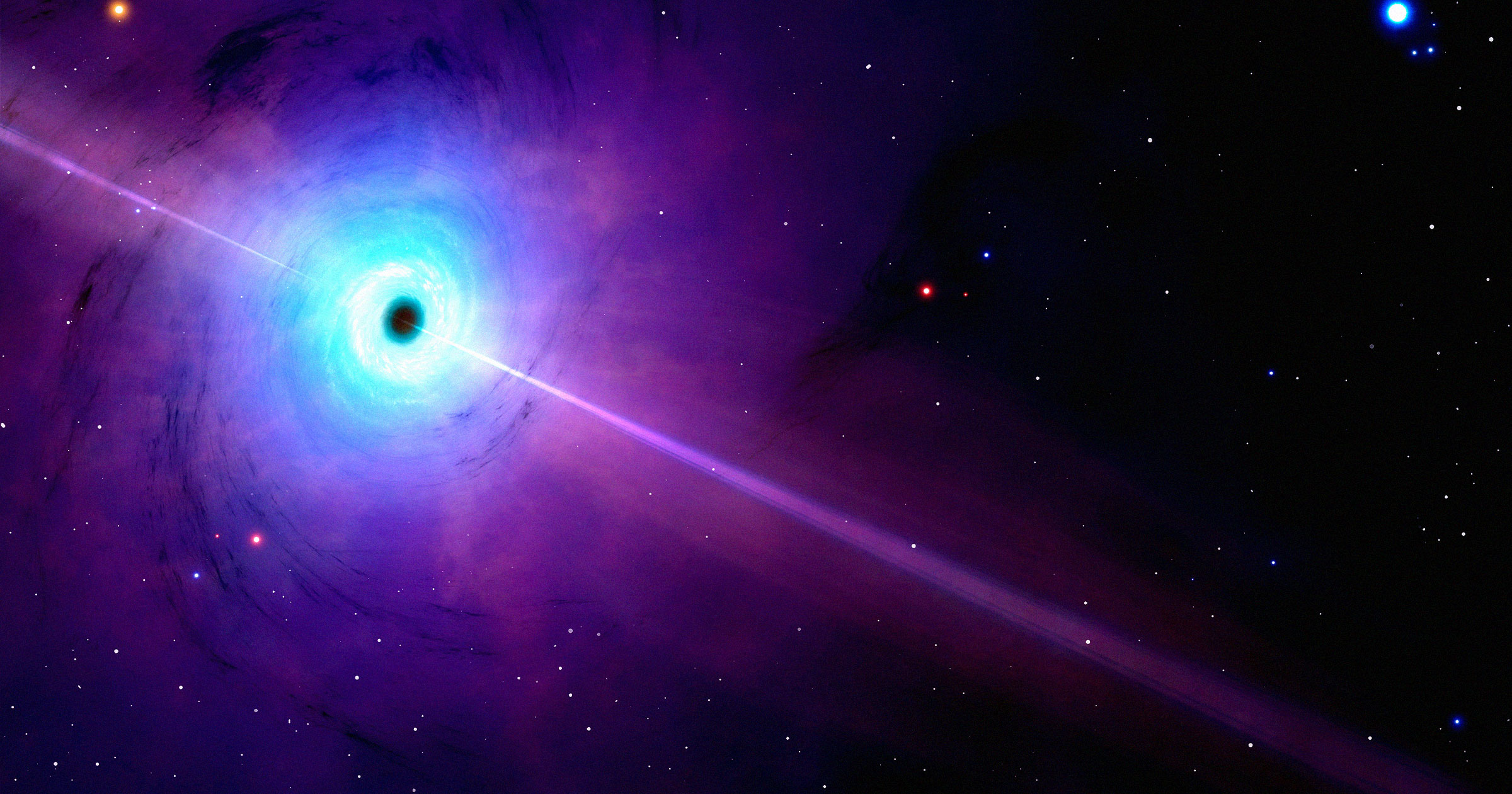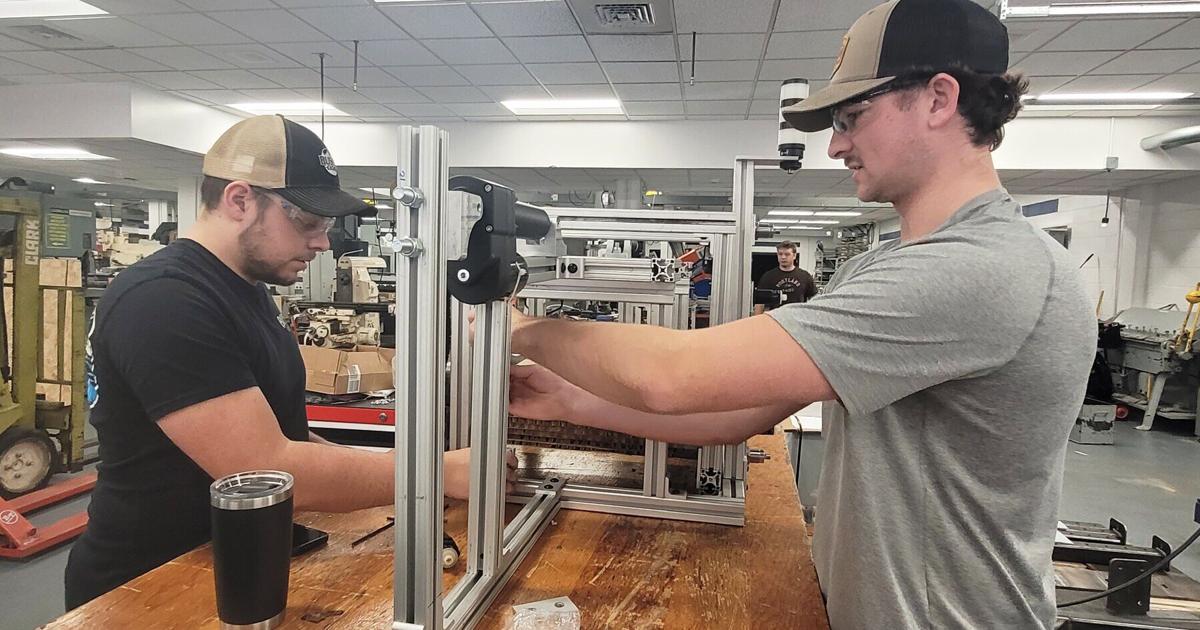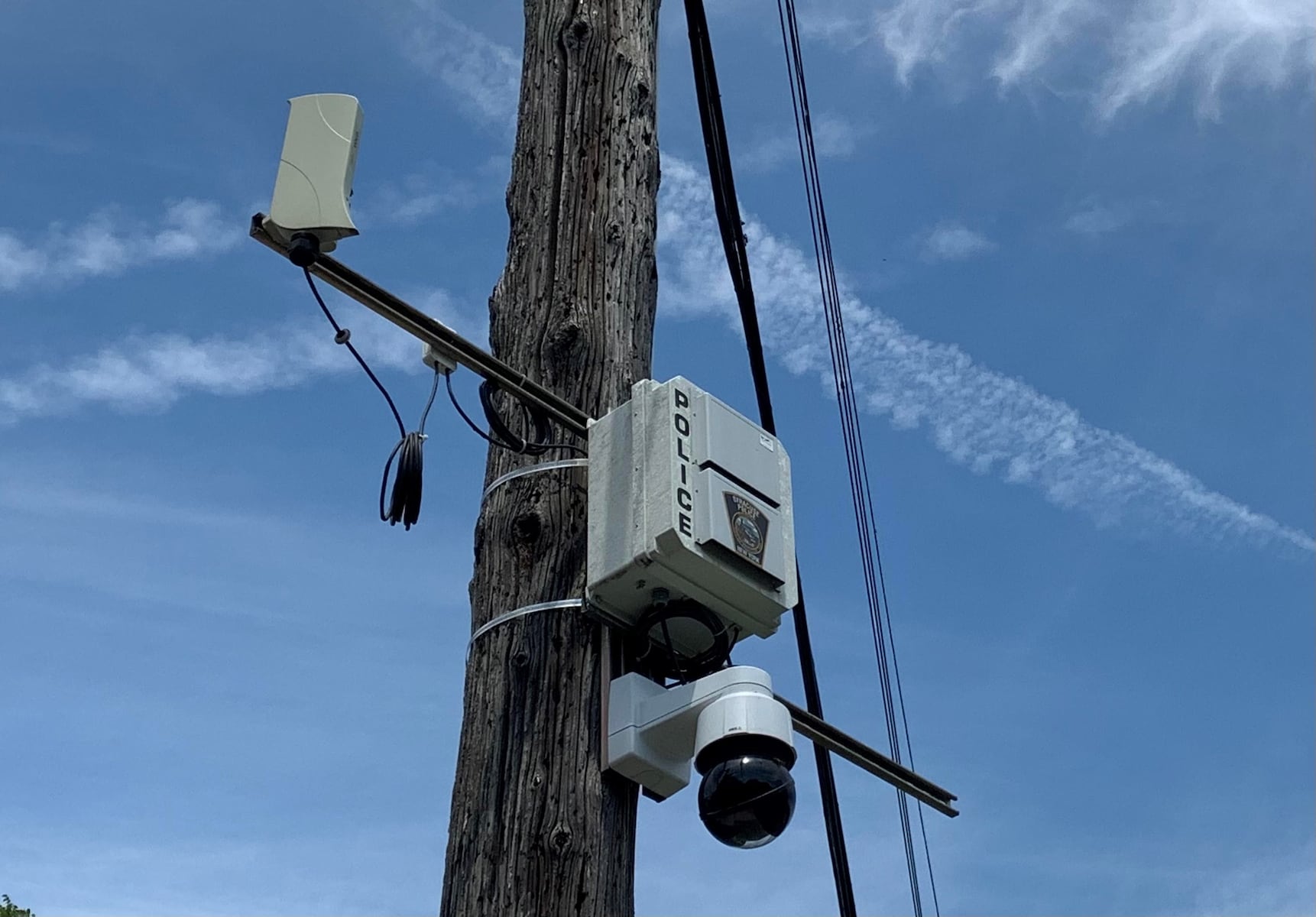A geoengineering startup, Stardust Solutions, has successfully raised $60 million in funding to develop technology aimed at dimming the sun as a means to combat global warming. This funding round, reported by Politico, marks the largest-ever fundraising effort in the geoengineering sector, attracting investments from notable figures in Silicon Valley and an established Italian industrial family.
The initiative focuses on a controversial geoengineering technique known as solar radiation management. This method involves dispersing aerosol particles into the Earth’s atmosphere, with researchers hoping to reduce temperatures and mitigate climate change impacts. Yanai Yedvab, the CEO of Stardust Solutions and a former physicist in the Israeli government, acknowledged that while this approach could help, it will not completely eliminate the risks associated with climate change. He stated, “There will still be extreme weather events.”
Stardust Solutions stands out as a private entity, differing from other efforts in the field that are typically led by academic institutions or non-profit organizations. By introducing airborne particles, similar to those emitted during significant volcanic eruptions, researchers aim to replicate the observed cooling effects of such events. However, Yedvab expressed concerns about utilizing sulfate aerosols, which may complicate monitoring and potentially harm the ozone layer.
In response to these challenges, the startup is developing a proprietary particle that can be produced at scale and at a relatively low cost. Yedvab emphasized the need for this particle to be “as safe as, say, flour.” The company is also pursuing a patent for this innovative solution and plans to initiate “controlled outdoor experiments” as early as April 2024, involving the release of particles from a modified aircraft at an altitude of eleven miles.
Despite the optimism surrounding the funding, the concept of geoengineering has faced significant skepticism. Critics highlight governance issues, such as who decides where these particles will be released. Concerns also extend to the unknown risks associated with geoengineering, with some experts suggesting that the potential drawbacks may outweigh the benefits.
In Alameda, California, city officials previously ordered researchers from the University of Washington to halt an unannounced experiment involving cloud-brightening particles. Similarly, a Harvard University project investigating atmospheric geoengineering was suspended last year due to public backlash and delays.
The skepticism surrounding Stardust Solutions’ ambitions is echoed by prominent figures in climate science. David Keith, a professor at the University of Chicago, expressed doubts about the viability of developing a particle that surpasses sulfates in safety and efficacy. Gernot Wagner, a climate economist at Columbia Business School, cautioned that the funding may not translate into practical solutions, stating, “I don’t think it is a reasonable path to suggest that there’s going to be somebody — the US government, another government, whoever — who buys Stardust, buys the [intellectual property] for a billion bucks [and] makes the VC investors gazillions.”
Yedvab remains committed to ensuring that any deployment of their technology will occur under strict governance, emphasizing the importance of clear guiding principles in addressing such a critical issue. As the climate crisis intensifies, the development of geoengineering solutions like those proposed by Stardust Solutions may become increasingly relevant, albeit amid ongoing debate and scrutiny.







